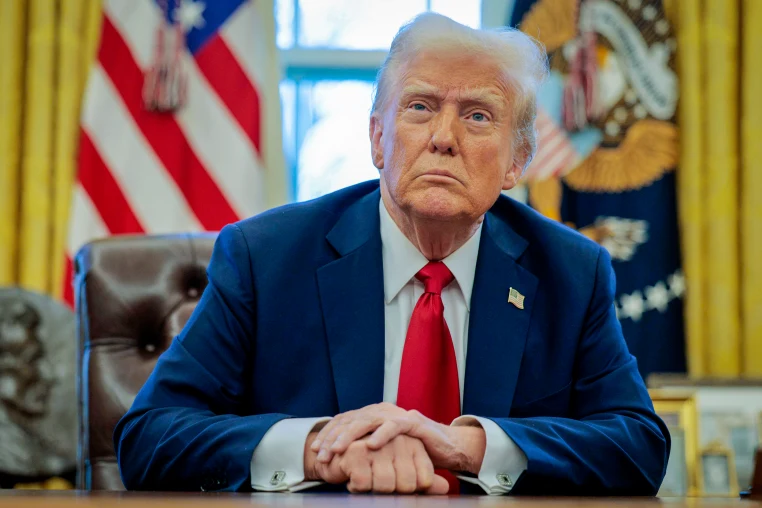WASHINGTON, D.C. — A federal judge in Maryland is set to decide whether President Donald Trump can alter the Fourteenth Amendment’s interpretation of birthright citizenship, a move that would exclude children of undocumented immigrants from automatic U.S. citizenship.
U.S. District Judge Deborah Boardman has scheduled a 10 a.m. ET hearing on Wednesday to consider a preliminary injunction requested by five pregnant undocumented women. The lawsuit, filed alongside two nonprofits, argues that Trump’s executive order violates the U.S. Constitution and multiple federal laws.
“If allowed to go into effect, the Executive Order would throw into doubt the citizenship status of thousands of children across the country, including the children of Individual Plaintiffs and Members,” the lawsuit states.
DOJ Defends Trump’s Order, Critics Call It “Unconstitutional”
The Department of Justice (DOJ) is defending the order, arguing that it corrects “prior misimpressions” of the Fourteenth Amendment and discourages illegal immigration. If upheld, the order would deny U.S. citizenship to children of undocumented immigrants and those lawfully present but on a temporary basis.
DOJ lawyers contend that the Constitution does not grant automatic citizenship to those who defy federal immigration laws.
However, a federal judge in Seattle already paused the order, calling it “blatantly unconstitutional.”
“I have difficulty understanding how a member of the bar can state unequivocally that this is a constitutional order. It boggles my mind,” said U.S. District Judge John Coughenour.
With Trump vowing to appeal any ruling against his order, Wednesday’s preliminary injunction hearing could mark the administration’s first step toward a higher court battle.

Legal Battle Could Reach Supreme Court Over Birthright Citizenship
Legal experts believe the case could eventually land before the U.S. Supreme Court.
“The hearing that’s coming up is a proceeding that essentially puts a longer pause,” explained Loyola Marymount University professor Justin Levitt. “It’s an order saying, ‘Don’t implement this,’ because the plaintiffs have shown a likelihood that they’ll succeed when we finally get to a final resolution.”
Trade War: China Retaliates Against U.S. Tariffs
Sources close to the Trump administration say officials anticipated legal challenges but moved forward with the order, expecting lower court resistance before the case reaches the nation’s highest judicial authority.
This is a developing story—check back for updates as the legal battle unfolds.






